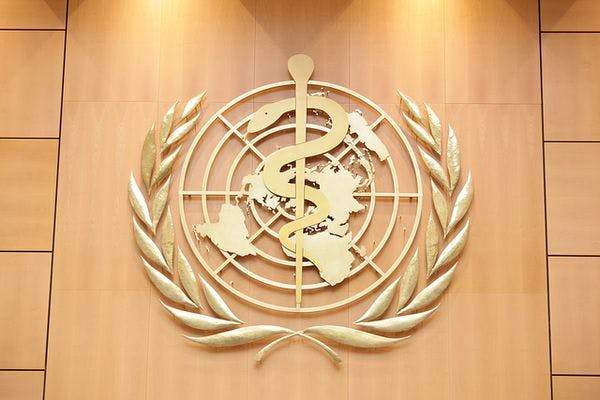Flickr, CC United States Mission Geneva
Joint Position Statement on the decision by WHO to withdraw guidance documents
On Global Palliative Care
On the 22nd of May 2019, Congresswoman Katherine Clark and Congressman Hal Rogers, two members of the US House of Representatives, published a report (“Corrupting influence: Purdue and the WHO”1) claiming (falsely) that the development of two World Health Organization (WHO) guidance documents (Ensuring Balance in National Policies on Controlled Substances and Guidelines on the Pharmacological Treatment of Persisting Pain in Children with Medical Illnesses ), was influenced by the interests of Purdue Pharma. This influence was, according to the report, achieved through organizations and individuals serving the interests of the company (Purdue Pharma is the maker of OxyContin, a commercial brand of oxycodone). The report argued that by developing, distributing and promoting these guidelines, the WHO was helping the pharmaceutical company increase its market share and putting other countries at risk of replicating the US “opioid crisis.” The report contains serious factual inaccuracies and draws inaccurate and unfair conclusions. It includes misleading information, and by making false accusations of existing collaborations and alliances to advance pain relief and palliative care, concludes that there was corruption within WHO. No staff member of the offices of the US representatives contacted any of the organizations or individuals mentioned in the document to seek our responses to the allegations made in the report.
On June 19, the WHO Director-General Dr. Tedros Adhanom Ghebreyesus, sent a letter to the US Representatives informing them that the WHO had taken the Report’s concerns very seriously and that the agency had decided to withdraw the two guidelines, published in 2011 and 2012. The WHO has now published the statement in its website https://www.who.int/medicines/areas/quality_safety/guide_nocp_sanend/en/ Unfortunately, this action provides credibility to a report not based on facts or scientific evidence and suggests that the development of these guidelines was inappropriately influenced.
WHO’s decision took all the academic, civil society, experts and organizations involved in the development of these guidance documents by surprise. Both documents were developed in order to improve the situation of millions of patients worldwide who suffer from lack of, or inadequate access to medications, including pain medications, like the patient quoted above. The guidelines were not commercially initiated, funded or influenced. Our primary focus has been, continues to be and will always be the patients and their families. Those working in the field have seen and experienced how unrelenting, excruciating pain affects individuals and families and the magnitude of the suffering it engenders.
Regions
Related Profiles
- Worldwide Hospice Palliative Care Alliance (WHPCA)
- International Association for Hospice & Palliative Care (IAHPC)
- Global Drug Policy Observatory (GDPO)
- European Association of Palliative Care
- Dejusticia
